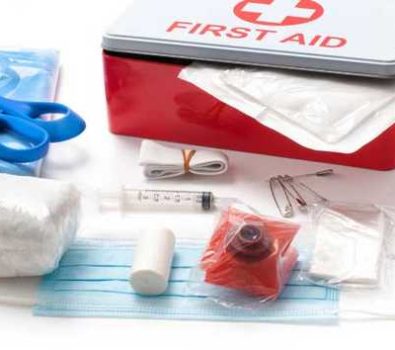English can be a very simple exam to give with proper tips and tricks. Many students have doubts about which section is the scoring one? How should I attempt every section perfectly? Is there a chance to score full marks in English? So here are some quick tips and answers to all your questions.
- Always Start with Section C
Section C includes all your chapters and poems questions which you might have studied very well. So, if you have mastered your literature part then this section will be the most scoring one for you.
How to prepare for Section C?
This section includes poems as well as chapters of your NCERT Books Class 12 English. There will be an extract from a poem that will be given in choosing between two poems. So, you have to choose the one where you have the utmost confidence. After resolving your NCERT questions of poems, move on to the reference books for extract-type questions. Don’t get confused with literary devices. Revise all of them at least twice before appearing for the exam. Another one mark question from the extract will be that there will be a word given in the question and you have to write its synonym or antonym. So, while reading a chapter from your English NCERT book, you should keep your dictionary handy so that you can know the meaning of every difficult word. never forget the name of the poem and the poet because you have to start a long answer question by naming them only.
Going through a poem’s summary through your reference book shows that if a long question comes from your poem, you can use your mind to revolve around that theme to write down the answer. If your word limit is 120-150 words, try to complete your answer within 120 words and only exceed the answer above the limit if you have not covered the important keywords.
Along with a poem extract, CBSE introduces chapters’ brief extract too. For attempting and answer these types of questions, you have to be very attentive while reading your chapters of the NCERT textbook. You cannot study a chapter from just reading its summary as sometimes in a long question, the examiner can ask you to explain a certain event that might get skipped in the summary. However, summaries can be used as a quick revision for the chapter
Before writing a long answer question, write all the important words with a pencil on the right side of your answer sheet and make them in order so that you can avoid scribbling and make the paper look tidy.
- Section B
Section B consists of questions about your writing skills. This is one of the most creative sections as you can write your views about a certain topic. So, if you have a budding writing style and you simply have a creative side for these skills, then this section could be your most scoring one. For preparing for this section, here are some tips which will help you.
~ Don’t ever start your paper with your writing section. This section requires lots of thinking and creative writing. Try to follow the order of attempting: literature section, writing section and lastly reading section. This section is more prone than the other sections for scribbling and other untidy stuff. So, to provide a good impression on your examiner from the starting, never gain a paper with Section B.
~ Make a separate little register for all the formats of writing skills given in your syllabus. Format of a writing skill holds a considerable amount of marks and impression on your examiner.
~ Section B contributes a total of 16 marks to the whole question paper. You have to prepare a letter to the editor, a job application letter including resume and biodata, advertisement, notice, article, report writing, and accepting and replying invitations. There will be a choice between some of them and you have to attempt the one which you are most confident about.
- Section A
The reading time of your CBSE question paper should be 90% devoted to this section. The section is divided into two questions. The one will be unseen passages and the other one will be note-making and the whole section contributes 20 marks to the whole CBSE question paper. The unseen passages hold 12 marks and note-making along with the summary contributes 8 marks.
Before reading the unseen passages, you have to first read the questions based on them so you can find that particular keyword written in the question and be quick to write the answer without wasting any time. There are questions for synonyms of a particular word written in the passage, if you are not able to understand even the meaning of the word, then try to read the line which includes this word at least 2-3 times. If you are still not able to understand the meaning, try to brainstorm the word at the end of the paper.
For note-making, you have to practice a lot before appearing for your CBSE board exam. This writing skill is not particular about your words but how briefly you can explain a big paragraph into some short and understandable notes. If you are using short forms for some words, make a table on the side of your notes including three columns namely serial number, abbreviated word, and original word.
Use self-explanatory language and your summary should not exceed the word limit of 50 words. Do not use any short form of words in the summary of your notes. Your alignment while writing your notes should be very neat and understandable for the examination checking your paper. Keep your title within two or three words and do not use the short form in the title of your notes. Subheadings should be at most 4 or 5 and not more than that. The last line of your summary should be the conclusion line.


